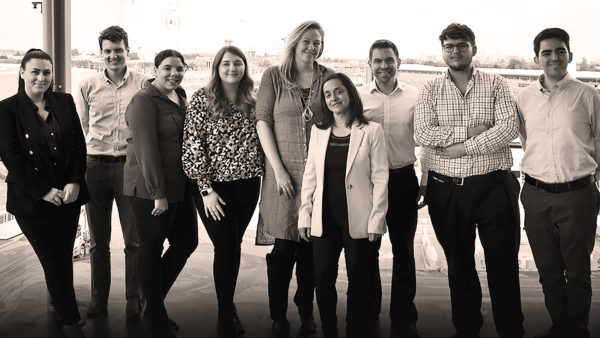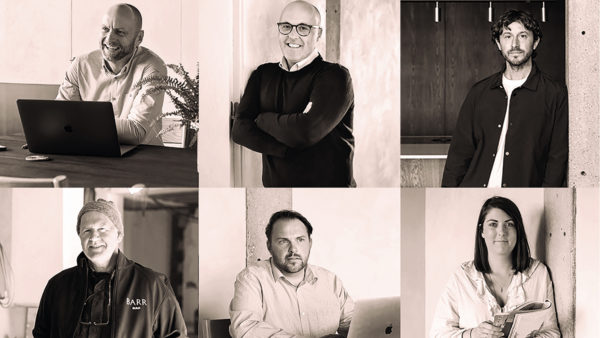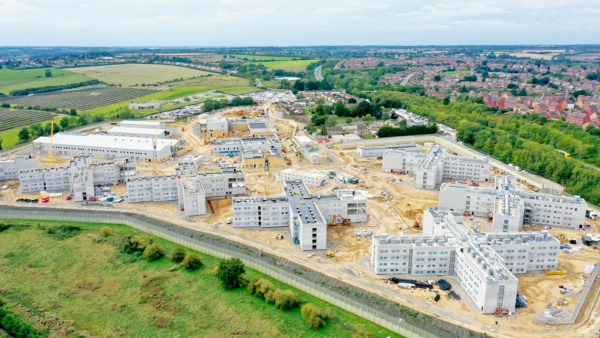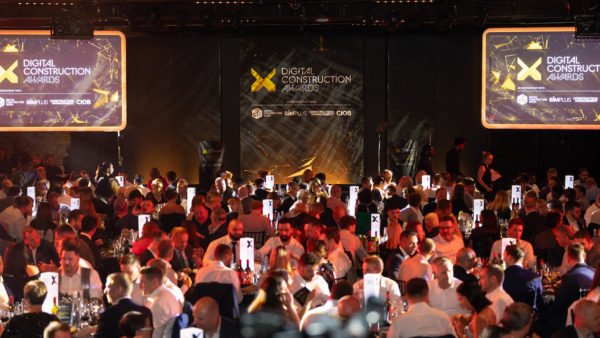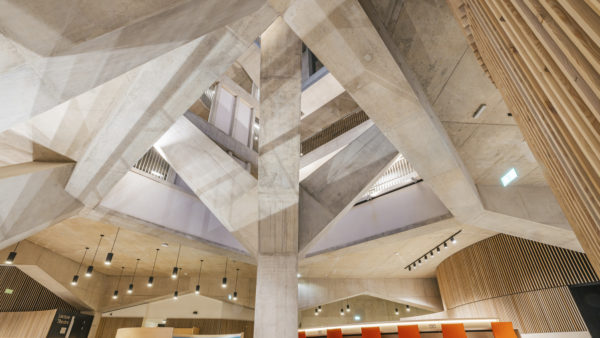Introducing equality, diversity and inclusion can be a challenge for the supply chain, but main contractors can make it happen, says Anjali Pindoria
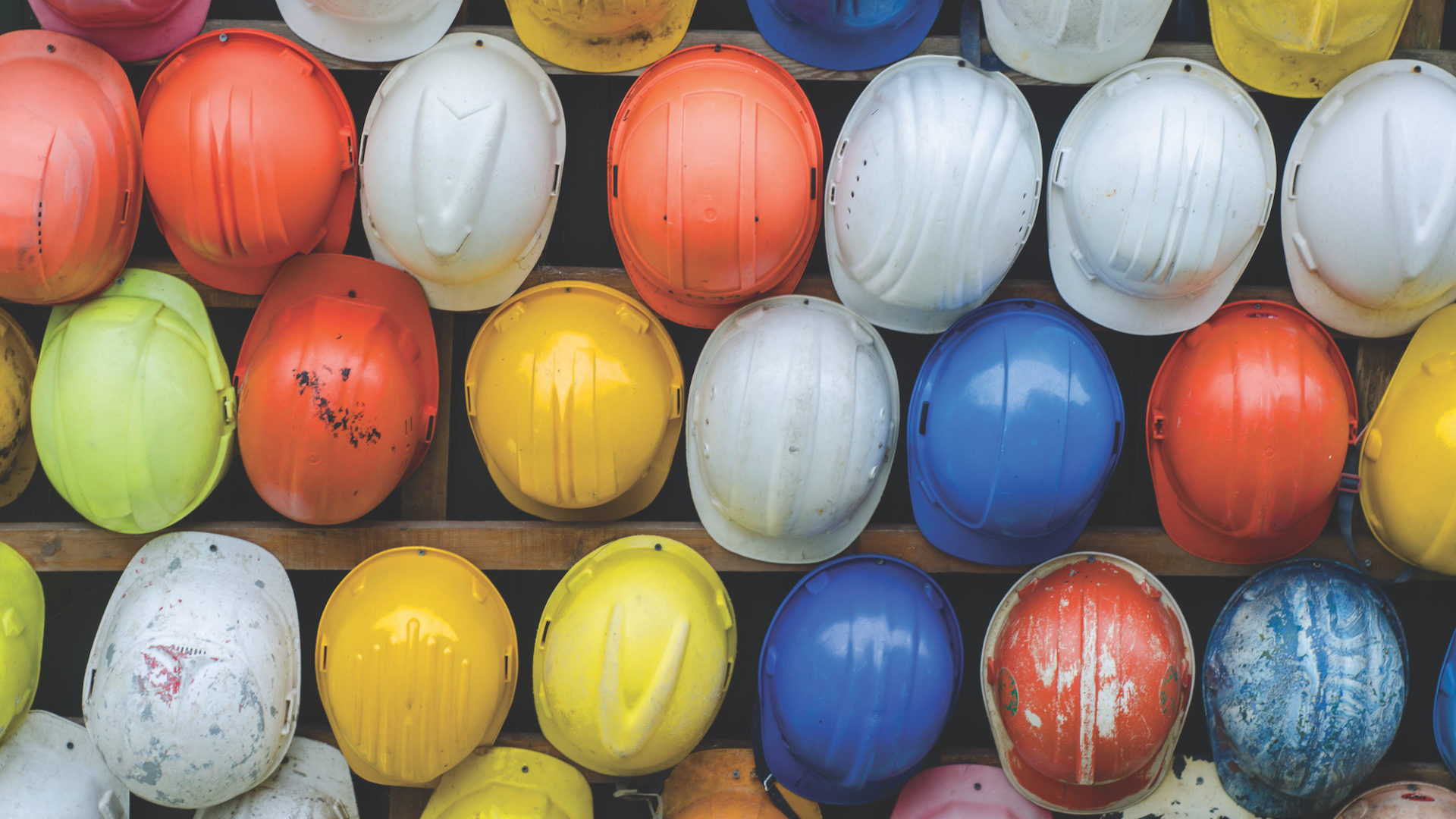
I have always wanted to be the voice for change for the betterment of our industry and being part of large movements doing great things is important to me. Equality, diversity and inclusion (EDI) is one such movement. But I question if we are supportive enough of EDI among the majority of companies in our sector – our supply chain.
Around 343,000 businesses make up the built environment sector. With 90% of our industry comprising the supply chain, that means approximately 308,700 companies are pivotal to modernising our industry through improved EDI.
EDI is more than just acceptance and diversity of appearance, in fact, it delves deep into heritage, skills, languages, upbringing and education. This makes you stop and think: what percentage of those 308,700 businesses truly understand EDI and its importance?
Having spoken about EDI at events, I have always noticed only a small percentage of the supply chain is there. Why is this? Surely there should be a larger representation of the majority?
“They do not have the expertise and cannot make the investment required due to the size and scale of their operations”
From my supply chain experience, there is a fundamental lack of support for EDI. They have fewer resources compared to larger organisations. They do not have the expertise and cannot make the investment required due to the size and scale of their operations. In any case, all drastic changes to their businesses are driven by main contractors.
So how do we make our industry inclusive – if the majority of our sector do not know where to start?
We must educate the supply chain, providing incentives and mandatory guidelines. Some main contractors add EDI clauses within contracts, which are beneficial in the short term, but do not add value to the culture of small businesses in the long term. Suppliers may comply for the duration of the contract, but without understanding the true meaning of embodying EDI.
In any case, EDI should not be about a bid race; in fact, it should be a relay race, where the main contractors pass the baton to the supply chain, who then pass it on to merchants and suppliers. Main contractors could hold onsite workshops, educate their suppliers and have honest conversations about the struggles these small companies may face when introducing EDI into the SME culture. They could also set targets or standards, as is the case with health and safety and sustainability.
With EDI, the rules of a normal race do not apply. The race has to be a team effort, where everyone joins in – but the whole built environment will be a winner if we embrace the change our industry needs.
Anjali Pindoria is a project surveyor at Avi Contracts and vice-chair of the CIOB London Novus group.




